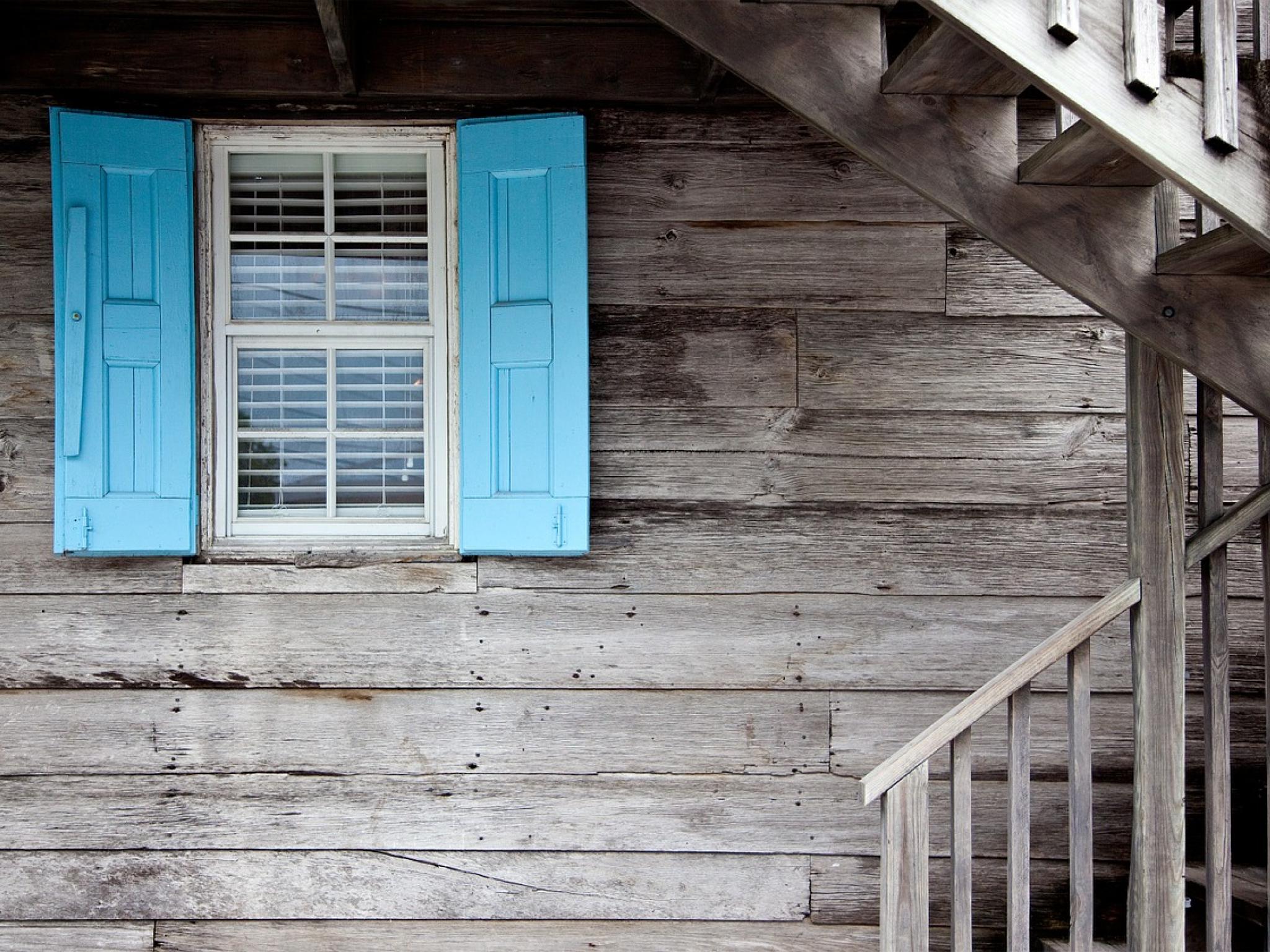
Mortgage rates have spiked as a result of rising inflation and stronger than expected consumer spending, according to new data released by Freddie Mac (OTCQB:FMCC).
While mortgage rates were on the rise, housing starts were in decline, based on the latest federal data.
What Happened: Freddie Mac reported the 30-year fixed-rate mortgage averaged 3.92% for the week ending Feb. 17, up from last week’s average of 3.69%; last year at this time, it averaged 2.81%. Sam Khater, Freddie Mac’s chief economist, observed this upswing brought the mortgage’s rate to its highest level since May 2019.
“As rates and house prices rise, affordability has become a substantial hurdle for potential homebuyers, especially as inflation threatens to place a strain on consumer budgets,” Khater said.
The 15-year fixed-rate mortgage averaged 3.15%, up from last week when it averaged 2.93%. The five-year Treasury-indexed hybrid adjustable-rate mortgage averaged 2.98%, up from last week when it averaged 2.8%.
While rates were taking off, mortgage applications dropped 5.4% last week compared with the previous week, according to the Mortgage Bankers Association’s (MBA) seasonally adjusted index.
"Mortgage rates increased across the board last week following the recent rise in Treasury yields, which have moved higher due to unrelenting inflationary pressures and increased market expectations of more aggressive policy moves by the Federal Reserve," said Joel Kan, MBA's associate vice president of economic and industry forecasting. "The 30-year fixed rate saw the largest single-week increase since March 2020 and was above the 4% mark for the first time since 2019.
"Consistent with this period of higher mortgage rates, refinance applications fell 9% last week and stood at around half of last year's pace. The refinance share of applications was also at its lowest level since July 2019."
Kan added that would-be home buyers “still face elevated sales prices in addition to higher mortgage rates. The heavier mix of conventional applications again contributed to another record average loan size at $453,000.”
Dr. Anthony Sanders, distinguished professor of real estate finance at George Mason University and former director and head of asset-backed and mortgage-backed securities research at Deutsche Bank AG (NYSE:DB), warns the rapid rise in mortgage rates should be a red flag to the Federal Reserve on how to proceed with the economy.
“If The Fed does its expected 'shock and awe' (or shock and awful), it will be more than the stock markets will crash. The housing market could crash too,” Sanders wrote on his Confounded Interest blog.
Zoltan Poszar, global head of short-term interest rate strategy at Credit Suisse (NYSE:CS), shrugged off concerns by predicting "higher mortgage rates won’t kill growth ... wage growth at 5% can absorb higher monthly payments."
Related Link: Can You Guess Which Is The Most Expensive Housing Market In The US?
What Else Happened: Separately, a new data report from the U.S. Census Bureau and the Department of Housing and Urban Development found single‐family housing starts in January were at a rate of 1.11 million, down 5.6% from the revised December figure of 1.18 million.
Privately owned housing starts in January were at a seasonally adjusted annual rate of 1.63 million, which is 4.1% below the revised December estimate of 1.7 million and 0.8% above the January 2021 rate of 1.62 million. Single‐family housing completions in January were at a rate of 927,000, down 7.3% from the revised December rate of 1 million.
The news of declining housing starts follows Wednesday's announcement that builder confidence in the market for newly built single-family homes moved one point lower to 82 in February, according to the Housing Market Index published by the National Association of Home Builders (NAHB) and Wells Fargo (NYSE:WFC).
This is the second straight month that confidence levels have declined by a single point.
“Residential construction costs are up 21% on a year over year basis, and these higher development costs have hit first-time buyers particularly hard,” said NAHB Chief Economist Robert Dietz. “Higher interest rates in 2022 will further reduce housing affordability even as demand remains solid due to a lack of resale inventory.”
Photo: Paul McGowan/Pixabay.







